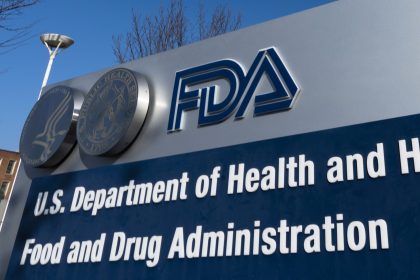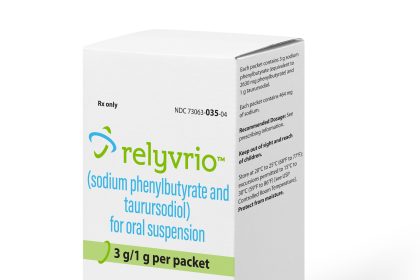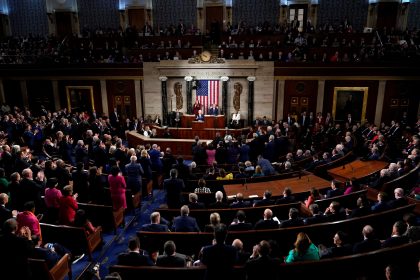Lawmakers Say Consulting Firm Marketing Contributed to Half-Million Opioid Deaths

WASHINGTON — A congressional panel cast suspicions on a global business consulting firm Wednesday as a potential villain in the opioid epidemic that has killed more than a half-million Americans.
A McKinsey & Co. official admitted to earning at least $86 million for helping pharmaceutical companies market the powerful opioid painkillers.
One McKinsey & Co. internal memo discussed how to help opioid maker Purdue Pharma “turbocharge sales” even as overdose deaths climbed toward 100,000 a year.
At the same time, the company was consulting for the Food and Drug Administration, which is charged with ensuring the safety of opioids and other drugs. McKinsey & Co. earned about $143 million from FDA contracts since 2008.
“McKinsey got rich and America got addicted,” said Rep. Katie Porter, D-Calif., during a hearing of the House Oversight and Reform Committee.
On Tuesday, the FDA announced it would cease further contracts with McKinsey & Co. while the congressional investigations continue.
The House Oversight and Reform Committee is using its investigation of what it called McKinsey & Co.’s conflicts of interest as part of a plan to revise federal contracting laws and to increase transparency in consulting projects for the federal government.
Lawmakers said the company failed to disclose its conflicts of interest to the FDA in an apparent violation of contract requirements and federal law.
A staff report of the committee says McKinsey & Co. used its government consulting work to solicit business from opioid manufacturers and tried to influence government officials, including the Trump administration’s Secretary of Health and Human Services Alex Azar, to advance the interests of its private sector opioid clients.
“At least 22 McKinsey consultants, including senior partners, worked for both FDA and opioid manufacturers on related topics, including at the same time,” the staff report says.
“It’s outrageous what they’ve done,” said Rep. Carolyn Maloney, D-N.Y., chairwoman of the House Oversight and Reform Committee.
As consultants for both the FDA and opioid manufacturers, “They said it wasn’t addictive when it was addictive,” Maloney said.
One of the results was “over 500,000 Americans have died from opioid overdoses,” she said.
Bob Sternfels, global managing partner for McKinsey & Co., apologized for his company’s encouragement of opioid sales.
The company halted its marketing contracts for opioid sales in 2019 and since then has reached a $573 million lawsuit settlement agreement with the attorneys general of 47 states. New York-based McKinsey & Co. reported revenue of $10.5 billion in 2019.
“We put new policies and protocols in place to prevent this kind of thing from happening again,” Sternfels said.
He denied the conflicts of interest were as severe as described by lawmakers.
“We made very clear we were working for the government and the opioid makers as well,” Sternfels said.
He added, “The work we did for the FDA focused on improving their processes” but was unrelated to promoting opioid sales.
Other witnesses, such as Massachusetts Attorney General Maura Healey, were skeptical of McKinsey & Co.’s goodwill.
As the death toll rose, McKinsey & Co. suggested paying rebates to health insurance companies for each insured patient who died from an opioid overdose so the insurers would continue paying for the drug prescriptions, Healey said. The consulting firm did not suggest compensating survivors of the deceased victims.
“We banned McKinsey from the opioid business forever,” Healey said.
Republicans on the Oversight and Reform Committee said the bigger issue in the opioid epidemic is not pharmaceutical company marketing but illegal immigration across the Mexican border.
They accused drug gangs of manufacturing the opioid fentanyl for illegal importation into the United States and reaping billions of dollars in profits. Fentanyl is a powerful but easily manufactured opioid.
Illegal immigrants, some carrying fentanyl, are “pouring over the borders,” said Rep. James Comer, R-Ky.
He said the opioid crisis was mostly “because of President Biden’s open border policy.”
The Republicans suggested tougher immigration enforcement and possibly completion of a border wall started during the Trump administration.
Tom can be reached at [email protected] or on Twitter at https://twitter.com/tramstack
























